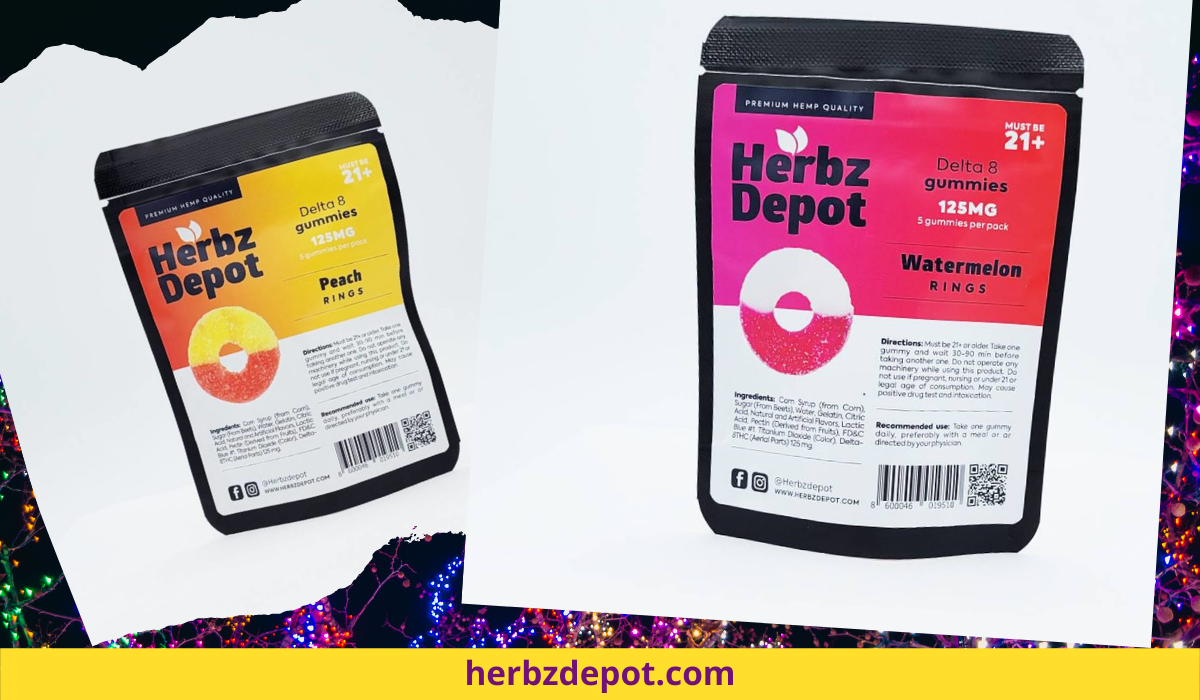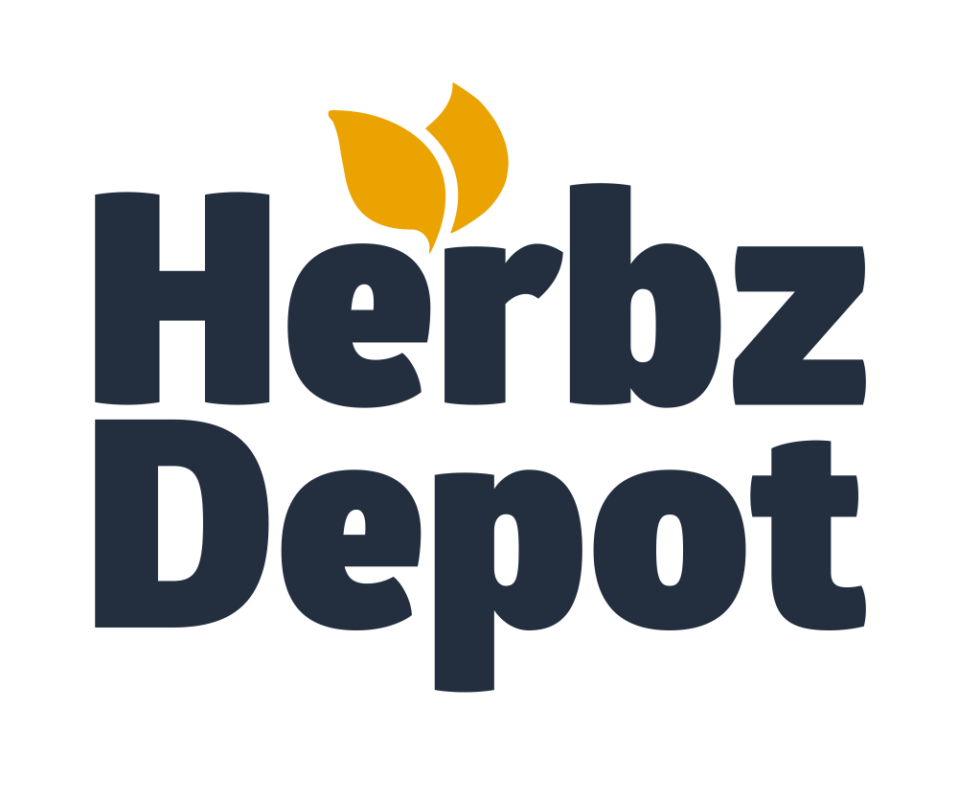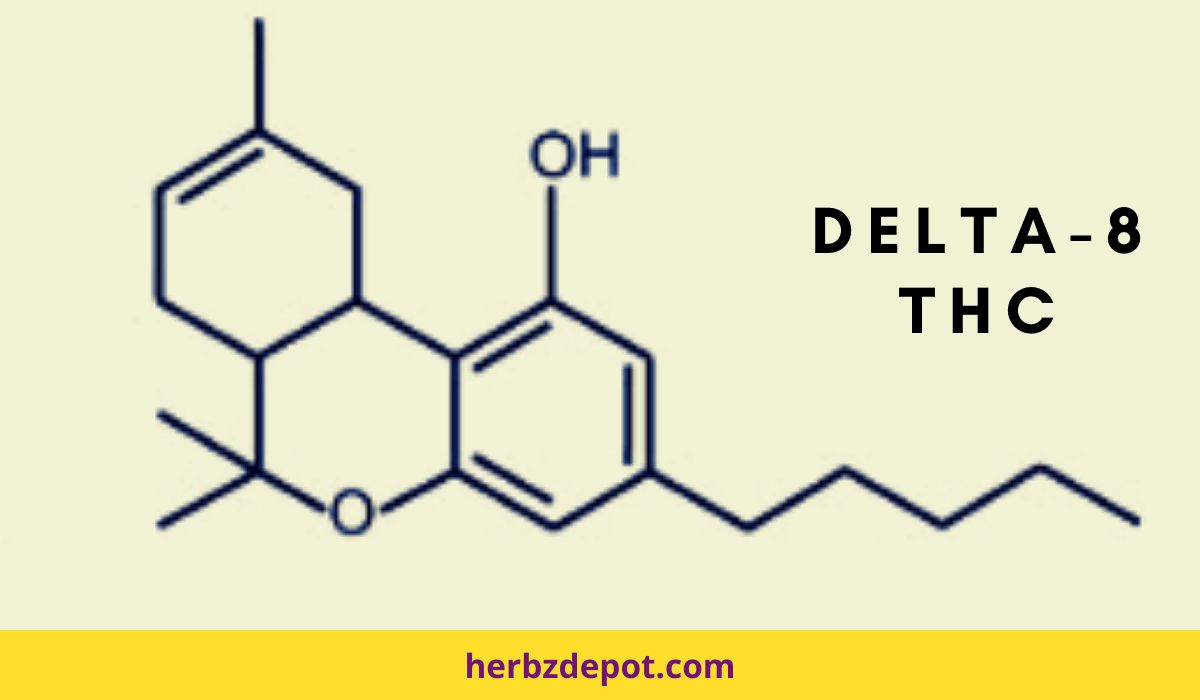Uncategorized
Is Delta-8 Legal In Texas?
Can you imagine any cannabinoid class being legal in your country? The 2018 Farm Bill came as a boon to both manufacturers and consumers of CBD and THC supplements. The bill made things simpler for suppliers to connect easily with the buyers and deliver the products at their doorstep. This, no doubt, boosted the sales of CBD products, but many folks are still unaware of the legal issues binding Delta-8 products in the US.
This article will clarify the legal parameters of Delta-8 supplements in the US.
Is Delta-8 legal in texas? Legalizing Delta-8
Change always comes through reforms and amendments. The same principle happened with the vast number of products of CBD. 10 years ago, it was a different scenario where possession, consumption, and distribution of CBD-related products would be deemed illegal. Fast-forwarding to 2021, the legal issues and norms encircling CBD products changed considerably.
Due to the relatively low THC concentration and mild effects, many states in the United States have made Delta-8 THC cannabinoids legal. The law is similar for Delta-8 THC supplements.
It didn’t happen overnight but manufacturers and suppliers like Herbz Depot saw an opportunity with the 2018 Farm Bill, which states that “CBD and THC products made from hemp plants containing less than 0.3 percent of THC are legal everywhere in the US.”
So, is Delta-8 legal in Texas? Yes, definitely. If you are unable to buy Delta-8 products in Texas then you can reach Herbz Depot, which is known for high-quality 3rd-party lab-tested Delta-8 gummies and Delta-8 vapes.

Other states in the US where Delta-8 may be deemed legal are as follows (but one should check with the latest legal rules in particular states before buying Delta-8 products like Delta-8 Gummies and Delta-8 Vapes) –
Alabama, Alaska, Arizona, Arkansas, California, Colorado, Connecticut, Delaware, Florida, Georgia, Hawaii, Idaho, Illinois, Indiana, Iowa, Kansas, Kentucky, Louisiana, Maine, Maryland, Massachusetts, Michigan, Minnesota, Mississippi, Missouri, Montana, Nebraska, Nevada, New Hampshire, New Jersey, New Mexico, New York, North Carolina, North Dakota, Ohio, Oklahoma, Oregon, Pennsylvania, Rhode Island, South Carolina, South Dakota, Tennessee, Utah, Vermont, Virginia, Washington, West Virginia, Wisconsin, Wyoming.
Note: Many substandard manufacturers are now developing Delta-8 synthetically using a diverse set of chemicals rather than extracting and processing it from hemp plants. This method is highly discouraged by experts as additional chemicals used in the process can lead to serious health issues. Side effects like increased blood pressure, organ failure, dizziness, and allergic symptoms may occur due to those chemicals. One should avoid using synthetic Delta-8 and products with high THC concentrations.
What is the legal status of Delta-8 in other states of the US?
According to several experts, Delta-8 THC is a hemp-derived chemical that is exempt from the classification of marijuana under the 2018 Farm Bill. They specifically stated that Delta-8 THC products derived from hemp do not belong on Schedule I of the Controlled Substances Act (CSA) because the Delta-9 THC concentration in these goods is less than 0.3 percent. The Drug Enforcement Administration (DEA), which is in charge of implementing the CSA, claims that the Delta-8 THC on the market today is identical to Delta-9 THC and hence belongs on Schedule I.
“All synthetically produced tetrahydrocannabinols remain schedule 1 restricted narcotics,” according to the Drug Enforcement Administration. This class of cannabinoids includes Delta-8 THC, which is officially designated in the Controlled Substance Act as Delta-6 THC.
Among the states that have considered the issue, there appears to be broad agreement that Delta-8 THC is not just another hemp product. Alaska, Arizona, Arkansas, Colorado, Connecticut, Delaware, Kentucky, Idaho, Iowa, Michigan, Mississippi, Montana, New York, North Dakota, Rhode Island, Utah, Vermont, and Washington are among the states that have restricted or outlawed Delta-8 THC in some fashion as of August 2021. North Dakota, for example, prohibits “the isomerization of cannabinoids to form isomers of THC, including Delta-8, Delta-9 THC. The sale of hemp products containing such isomers is also prohibited.
Since lawmakers and agencies may take different ways to regulate Delta-8 THC, there exists a significant understanding among lawmakers and agencies that Delta-8 THC is not purely another hemp derivative that can be appropriately addressed by prevailing hemp regulations in the US. As a result, the legal rights of Delta-8 THC may be linked to the total legalization of cannabis and Delta-9 THC in practice.
Note: As per the FDA, edibles containing cannabis-derived chemicals are subject to the same powers and requirements as other FDA-regulated compounds, regardless of their source. Delta-8-THC is still unlawful on a federal level because it hasn’t been approved by the FDA.
What’s the bottom line?
The laws and regulations surrounding the Delta-8 products are continuously facing challenges from all related parties in the US. Firstly, the manufacturers and businesses cannot simply stop innovating with their products, on the other hand, consumers are also gauging feasible options to buy or possess Delta-8 products. As a result, when purchasing Delta-8, please remember that state regulations differ in the US.

